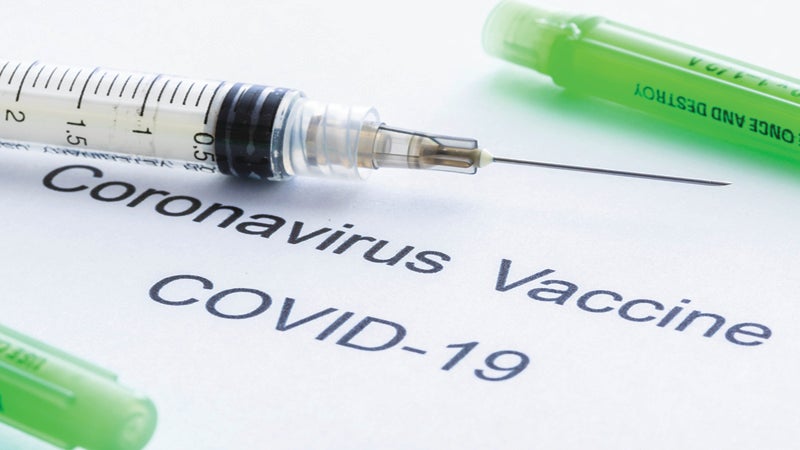Which is Right for You, Medicare or Medicaid?
Published 9:30 am Sunday, June 25, 2023
|
Getting your Trinity Audio player ready...
|
Medicare and Medicaid are two of the most important health programs in the U.S. Together, they help over 150 million people. Trying to understand your healthcare options but still confused about the difference between Medicare and Medicaid?
Medicare is health insurance for anyone age 65 and older, except for people under 65 who have certain disabilities or conditions. Medicaid gives health coverage to people with limited income and resources. Below, you will learn more about eligibility, what’s covered, and how to apply.
Medicare
Medicare is the federal health insurance program for people 65 or older, certain younger people with disabilities, and people with End-Stage Renal Disease.
There are three different parts of Medicare, Part A, B, and D:
- Medicare Part A (Hospital Insurance): Covers inpatient hospital stays, care in a skilled nursing facility, hospice care, and home health care.
- Medicare Part B (Medical Insurance): Covers certain doctors’ services, outpatient care, medical supplies, and preventive services.
- Medicare Part D (Prescription Drug Coverage): Covers the cost of prescription drugs including most recommended shots or vaccines.
Some people get Medicare Part A and B automatically, others must apply. You will receive Medicare automatically if you are:
- Eligible for retirement or disability benefits from Social Security (or Railroad Retirement Board benefits)
- Receiving benefits from Social Security for at least four months before you turn 65
To apply for Medicare, visit Medicare.gov and fill out the guided questionnaire. It is two to three questions that help you find what coverage you are eligible for and how to sign up.
Medicaid
Medicaid is a joint federal and state program that helps cover medical costs for people with limited income and resources. It offers benefits not normally covered by Medicare, like nursing home care and personal care services. Eligibility is based on the state you live in.
Typically, you must live in the state you apply to and meet your state income and resource requirements. However, some states let you “spend down” the amount of your income that is above the state’s Medicaid limit. You do this by paying non-covered medical expenses and cost sharing (like premiums and deductibles) until your income is lowered enough to qualify you for Medicaid.
If you have Medicare and qualify for full Medicaid coverage:
- Your state will pay your Medicare Part B (Medical Insurance) monthly premiums.
- Depending on the level of Medicaid you qualify for, your state might pay for:
- Your share of Medicare costs like deductibles, coinsurance, and copayments.
- Part A (Hospital Insurance) premiums if you must pay a premium for that coverage.
Medicaid may pay for other drugs and services that Medicare does not cover.
To apply for Medicaid, contact your state’s Medicaid Office. Looking for more information on healthcare? Browse our Healthcare and Medical Assistance category of benefits to find more resources.






